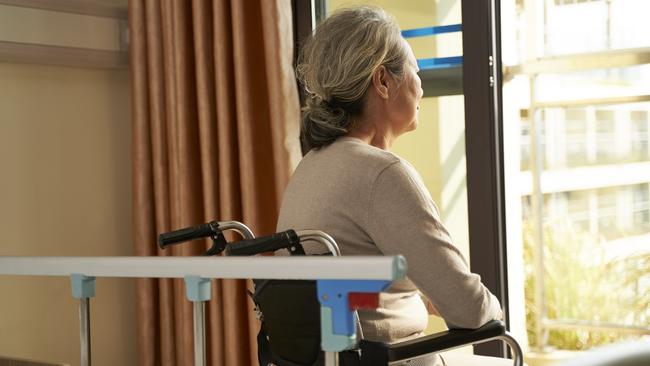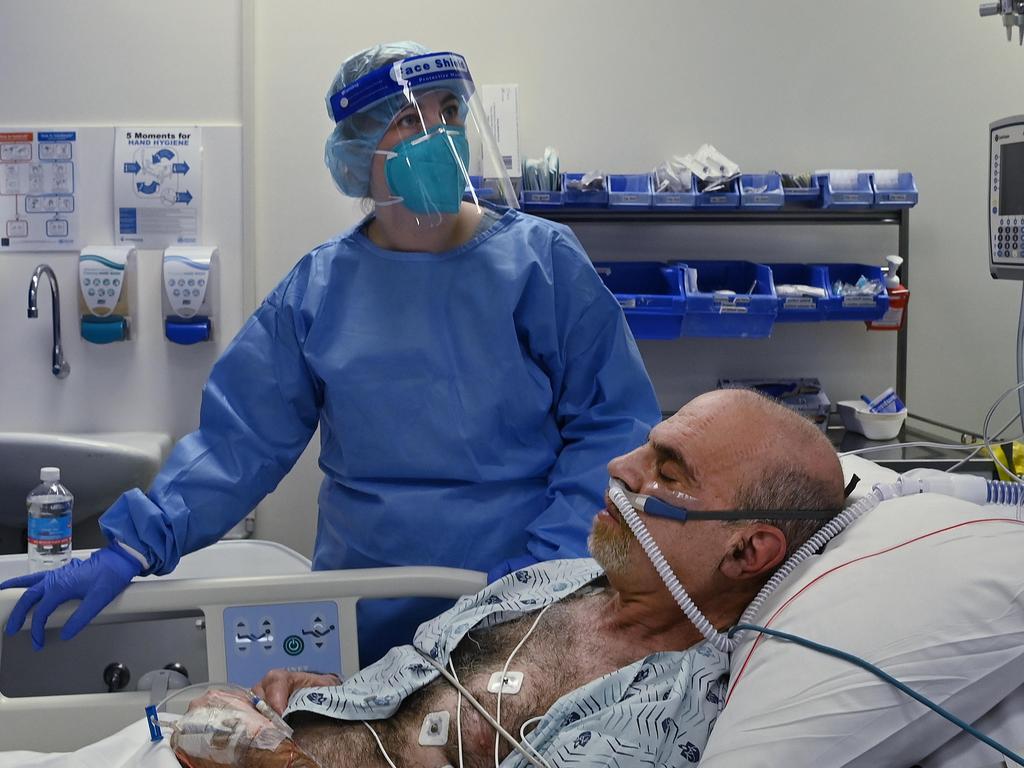Coronavirus: 11,000 Australians missed out on joint replacements
More than 11,000 Australians missed out on having a life changing joint replacement surgery last year due to the pandemic.

More than 11,000 Australians missed out on having life-changing joint replacement surgery last year as the pandemic wreaked havoc across the hospital system resulting in a reduction of elective surgeries.
In the 12 months to December 2020, joint replacement surgeries dropped for the first time in more than two decades, with knee replacements decreasing by 6.8 per cent, hip replacements by 4.8 per cent and shoulder replacements by 1.8 per cent.
An Australian Orthopaedic Association report noted that knee replacements might have been reduced further than hip and shoulder replacements because of their classification.
“A possible explanation for this is that primary knee replacement is almost entirely an elective procedure, whereas a proportion of primary hip and primary shoulder surgery is undertaken for fracture management, usually an emergency procedure,” it read.
The projected downturn, which the AOA estimates to be about 5.7 per cent, is likely to have had a significant impact on the health and wellbeing of Australians, with most showing a 13 per cent improvement post-operation, according to a new survey.
Prior to the pandemic, joint replacements had risen by 3 per cent each year.
The AOA has for the first time measured the effects of joint replacement surgeries on a person’s wellbeing, with 57,000 patients responding to questions in a National Joint Replacement Registry survey about their quality of life, mobility, pain, joint function and mental health before and after surgery.
The study found that the average patient’s wellbeing increased from about 69 per cent to 78 per cent post-surgery, said AOA president Michael Gillespie.
“After joint replacement surgery, (a patient’s) overall wellbeing increased almost 10 basis points from pre-operative to post-operative,” he said. “Also pleasing was the proportion of patients who were very satisfied following hip and knee replacement surgery, which was 87 per cent and 81 per cent respectively.”
The report’s authors say the findings show the toll that the pandemic has taken on the lives of those in need of surgery when hospitals are under stress.
While it wasn’t surprising the pandemic had an effect on elective surgery waiting times, most Australian hospitals were already facing those issues, Dr Gillespie said.
The AOA is calling for a more comprehensive and sophisticated approach to the national category system which, it says, is failing many Australians with chronic health conditions. “We support the judgment of orthopaedic surgeons to prioritise their patients within the allocation of operative surgery, in order to move through the backlog of surgeries in the best and safest way possible,” Dr Gillespie said.








To join the conversation, please log in. Don't have an account? Register
Join the conversation, you are commenting as Logout